PayPal Accounts: A Comprehensive Guide
PayPal is a widely recognized and trusted online payment system that allows individuals, businesses, and organizations to send and receive money securely and conveniently across the globe. With over 325 million active user accounts worldwide, PayPal has become one of the most popular and widely used online payment solutions.
In this comprehensive guide, we will delve into the world of PayPal accounts, covering everything from what PayPal accounts are, how they work, how to create and verify a PayPal account, how to use PayPal for various transactions, and important tips and best practices to keep your PayPal account safe and secure. So, whether you are new to PayPal or looking to learn more about how PayPal accounts function, you’ve come to the right place!
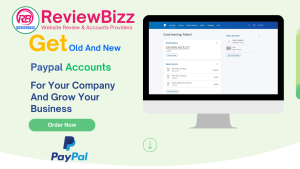
PayPal was founded in 1998 and is headquartered in San Jose, California, USA. It was initially established as a service to allow users to send money via email, but it has since evolved into a global leader in online payments, providing services to individuals, businesses, and nonprofits in over 200 countries and supporting multiple currencies.
A PayPal account is an online wallet that allows you to send and receive money, make online purchases, and manage your transactions securely. It acts as an intermediary between your bank account or credit card and the recipient, facilitating transactions and protecting your financial information. PayPal offers a range of services, including personal accounts for individuals, business accounts for merchants, and nonprofit accounts for charitable organizations.
One of the key features of PayPal accounts is that they allow you to make transactions without revealing your financial information, such as your bank account or credit card numbers, to the recipient. This helps protect your sensitive information and adds an extra layer of security to your online transactions.
How PayPal Accounts Work
PayPal accounts work by facilitating transactions between parties through a secure online platform. To use PayPal, you need to create an account, which requires you to provide some basic personal information, such as your name, email address, and password. Once your account is set up, you can link it to your bank account or credit card, which allows you to send and receive money electronically.
When you make a payment using PayPal, the funds are transferred from your bank account or credit card to your PayPal account. From there, PayPal securely sends the funds to the recipient’s PayPal account, which they can then withdraw to their bank account or use for online purchases. The recipient does not see your financial information, as PayPal acts as an intermediary, protecting your sensitive data.
PayPal accounts offer several advantages, including the ability to send and receive money in multiple currencies, access to a global network of merchants, and the convenience of online payments without the need for physical cash or checks. PayPal also provides additional features, such as buyer and seller protection, which can help resolve disputes and protect your transactions.
Creating a PayPal Account
Creating a PayPal account is a simple and straightforward process. Here are the steps to create a PayPal account:
Step 1: Go to the PayPal website (www.paypal.com) and click on the “Sign Up” button.
Step 2: Choose the type of account you want to create. PayPal offers three types of accounts: Personal, Business, and Nonprofit. Select the type of account that best suits your needs and click on the “Get Started” button.
Step 3: Fill in your personal information, including your email address, password, and country of residence. Make sure to use a valid email address as it will be used as your PayPal account’s primary contact information.
Step 4: Provide your financial information. Depending on the type of PayPal account you are creating, you will need to link either your bank account or credit/debit card to your PayPal account. Follow the instructions on the screen to provide the necessary information, such as your bank account number or credit/debit card details. PayPal uses this information to verify your account and to transfer funds to and from your PayPal account.
Step 5: Confirm your email address. PayPal will send a confirmation email to the email address you provided during the account creation process. Click on the link in the email to confirm your email address and activate your PayPal account.
Step 6: Set up your security questions and answers. PayPal provides an additional layer of security by allowing you to set up security questions and answers. This will help you recover your account in case you forget your password or need to reset it in the future.
Step 7: Customize your PayPal account settings. Once your PayPal account is activated, you can customize your account settings, such as adding a profile picture, updating your contact information, and setting up notifications.
Verifying Your PayPal Account
To fully unlock the features and benefits of your PayPal account, you may need to verify your account. Verifying your PayPal account helps increase your account’s security and allows you to enjoy higher transaction limits.
Here are the steps to verify your PayPal account:
Step 1: Link and confirm your bank account or credit/debit card. To verify your PayPal account, you need to link and confirm either your bank account or credit/debit card. This involves providing additional information, such as your bank account number or credit/debit card details, and confirming the linked account or card by following the instructions provided by PayPal.
Step 2: Complete the identity verification process. PayPal may require you to complete an identity verification process to ensure that you are the legitimate owner of the PayPal account. This may involve providing additional personal information, such as your Social Security Number or National Identification Number, and submitting identification documents, such as a passport or driver’s license, for verification.
Once your PayPal account is verified, you will have access to higher transaction limits and additional features, such as the ability to withdraw funds to your bank account and use PayPal for business purposes.
Linking and Managing Payment Methods
As mentioned earlier, to use PayPal for transactions, you need to link your bank account or credit/debit card to your PayPal account. This allows you to transfer funds to and from your PayPal account and make purchases or receive payments online.
Benefits Of Paypal Accounts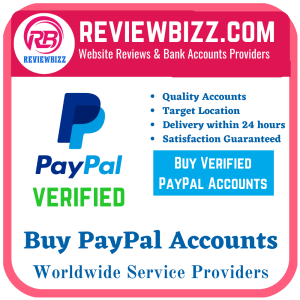
PayPal accounts offer numerous benefits to individuals, businesses, and nonprofits alike. Here are some of the key benefits of using PayPal accounts:
Convenience: PayPal accounts provide a convenient way to send and receive money online. You can easily transfer funds to friends, family, or businesses with just a few clicks, without the need for physical cash or checks.
Global Transactions: PayPal accounts allow you to send and receive money internationally, making it easy to conduct transactions with individuals and businesses around the world. PayPal supports multiple currencies, making it a versatile option for global transactions.
Security: PayPal accounts offer a secure way to conduct online transactions without revealing your financial information. Your bank account or credit card information is not shared with the recipient, as PayPal acts as an intermediary, protecting your sensitive data.
Buyer and Seller Protection: PayPal provides buyer and seller protection programs that help protect your transactions. If you are a buyer and encounter issues with a purchase, such as receiving a damaged item or not receiving the item at all, PayPal may refund your purchase. As a seller, you are protected against unauthorized transactions or fraudulent claims.
Easy Online Shopping: Many online merchants accept PayPal as a payment method, making it easy for you to make purchases online without having to enter your credit card information. PayPal can also store your shipping address and payment information, making online shopping more convenient.
Payment Flexibility: PayPal accounts offer flexibility in how you pay for transactions. You can choose to link your PayPal account to your bank account, credit card, or debit card, giving you multiple options for funding your payments.
Mobile Payments: PayPal has a user-friendly mobile app that allows you to send and receive money, make purchases, and manage your PayPal account on the go. The app is available on both iOS and Android platforms, making it convenient for mobile users.
Quick Transfers: PayPal offers fast transfers between PayPal accounts, allowing you to send and receive money in real time. This makes PayPal a convenient option for splitting bills, paying for services, or transferring funds to friends and family.
Business Tools: For businesses, PayPal offers a range of tools and features to help manage payments, invoices, and transactions. PayPal also provides options for integrating PayPal into your website or online store, making it easy to accept payments from customers.
Nonprofit Solutions: PayPal offers special features for nonprofits, such as discounted transaction fees, donation buttons for websites, and fundraising tools. Nonprofits can use PayPal to accept donations, manage fundraising campaigns, and receive payments for services or merchandise.
Rewards Programs: PayPal offers various rewards programs, such as cashback on purchases or discounts at select merchants, which can save you money and provide additional benefits for using PayPal.
Customer Support: PayPal has a robust customer support system, including an online help center, community forums, and customer service via phone or email. PayPal also provides buyer and seller protection programs, which can help resolve disputes and issues with transactions.
In conclusion, PayPal accounts offer numerous benefits, including convenience, security, global transactions, buyer and seller protection, payment flexibility, mobile payments, business tools, nonprofit solutions, rewards programs, and customer support. PayPal has become a trusted and widely used online payment system, providing individuals, businesses, and nonprofits with a reliable and secure platform for sending and receiving money online.
Why Should I Need To Buy Paypal Accounts
Having a PayPal account can be beneficial for several reasons. Here are some compelling reasons why you may need a PayPal account:
Online Shopping: PayPal is widely accepted as a payment method by numerous online merchants. Having a PayPal account allows you to make purchases online without having to enter your credit card information on multiple websites. This can help protect your financial information and provide a secure way to shop online.
Convenient Money Transfers: PayPal provides a convenient way to send and receive money online. Whether you need to pay back a friend for a meal, split bills with roommates, or send money to family members, PayPal offers a quick and easy method for transferring funds.
Global Transactions: PayPal allows you to send and receive money internationally, making it convenient for transactions with individuals and businesses in different countries. PayPal supports multiple currencies, making it a versatile option for global transactions.
Security: One of the main reasons to use PayPal is its security features. When you make a payment with PayPal, your bank account or credit card information is not shared with the recipient. PayPal acts as an intermediary, protecting your sensitive financial information, and reducing the risk of fraud or identity theft.
Buyer and Seller Protection: PayPal offers buyer and seller protection programs that can help protect your transactions. As a buyer, if you encounter issues with a purchase, such as receiving a damaged item or not receiving the item at all, PayPal may refund your purchase. As a seller, you are protected against unauthorized transactions or fraudulent claims.
Flexibility in Payment Methods: PayPal allows you to link your account to various funding sources, such as your bank account, credit card, or debit card. This provides flexibility in how you pay for transactions and allows you to choose the funding source that suits your needs at any given time.
Mobile Payments: PayPal has a user-friendly mobile app that allows you to send and receive money, make purchases, and manage your PayPal account on the go. The app is available on both iOS and Android platforms, making it convenient for mobile users.
Business Transactions: If you are a business owner, having a PayPal account can be beneficial for managing payments, invoices, and transactions. PayPal offers business tools and features, such as invoicing, reporting, and integration options for websites or online stores, making it easy to accept payments from customers.
Nonprofit Solutions: PayPal offers special features for nonprofits, such as discounted transaction fees, donation buttons for websites, and fundraising tools. Nonprofits can use PayPal to accept donations, manage fundraising campaigns, and receive payments for services or merchandise.
Rewards Programs: PayPal offers various rewards programs, such as cashback on purchases or discounts at select merchants. These rewards programs can save you money and provide additional benefits for using PayPal for your transactions.
Customer Support: PayPal has a robust customer support system, including an online help center, community forums, and customer service via phone or email. PayPal also provides buyer and seller protection programs, which can help resolve disputes and issues with transactions, providing additional peace of mind.
In summary, having a PayPal account can offer numerous benefits, including convenience in online shopping, secure money transfers, global transaction capabilities, buyer and seller protection, payment flexibility, mobile payments, business tools for entrepreneurs, nonprofit solutions, rewards programs, and reliable customer support. PayPal has become a trusted and widely used online payment system, providing individuals, businesses, and nonprofits with a secure and convenient platform for managing their financial transactions.
Last Thing About Paypal Accounts
One last thing to note about PayPal accounts is the importance of keeping your account information secure. As with any online account, it’s crucial to practice good security measures to protect your personal and financial information.
Here are some tips to keep your PayPal account secure:
Use a Strong and Unique Password: Choose a strong, unique password for your PayPal account that includes a combination of letters, numbers, and special characters. Avoid using easily guessable passwords, such as “password” or “123456”, and never share your password with anyone.
Enable Two-Factor Authentication: PayPal offers two-factor authentication (2FA) as an additional layer of security. Enable this feature to require a verification code, typically sent to your mobile device, in addition to your password when logging in to your PayPal account.
Be Cautious of Phishing Attempts: Be vigilant against phishing attempts, which are fraudulent emails or messages that attempt to trick you into revealing your PayPal login credentials. Be cautious of emails, messages, or links that ask for your PayPal information or prompt you to log in to your account. Always verify the authenticity of the sender and the URL before providing any sensitive information.
Keep Your Account Information Updated: Regularly review and update your account information, such as your email address, phone number, and security questions. This helps ensure that you can be contacted by PayPal for important account updates and security notifications.
Avoid Public Wi-Fi and Unsecured Devices: Avoid logging in to your PayPal account from public Wi-Fi networks or unsecured devices, as these may be vulnerable to hacking or interception of your personal information. Use secure and trusted networks and devices when accessing your PayPal account.
Review Your Account Activity: Regularly review your PayPal account activity and transaction history to detect any unauthorized transactions or suspicious activities. If you notice any discrepancies or unauthorized transactions, report them to PayPal immediately.
Protect Your Devices: Keep your devices, such as your computer, phone, or tablet, protected with up-to-date antivirus software, firewall, and security patches. This helps prevent malware or other security threats from compromising your PayPal account.
Be Wary of Suspicious Emails or Links: Avoid clicking on suspicious emails, links, or pop-ups that claim to be from PayPal or request your account information. Always verify the authenticity of the communication through the official PayPal website or customer support channels.
By following these security practices, you can help protect your PayPal account and keep your personal and financial information safe. It’s important to be vigilant and proactive in safeguarding your PayPal account to prevent unauthorized access or fraudulent activities. Remember, PayPal will never ask for your password, full financial information, or other sensitive data through email or other forms of communication. If you suspect any suspicious activity or have concerns about your PayPal account security, contact PayPal directly for assistance.

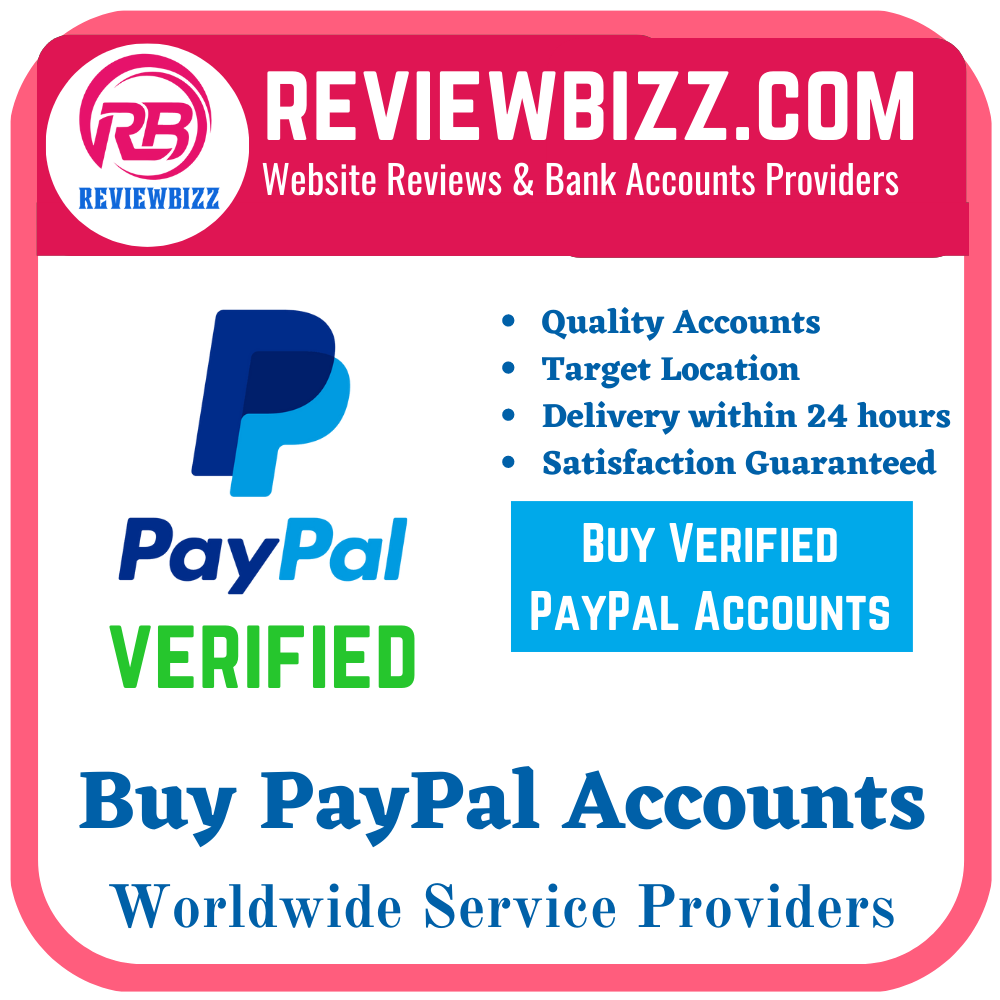
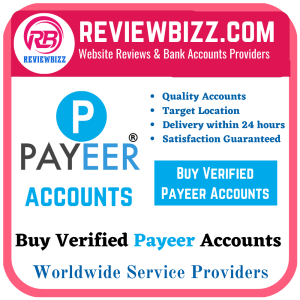
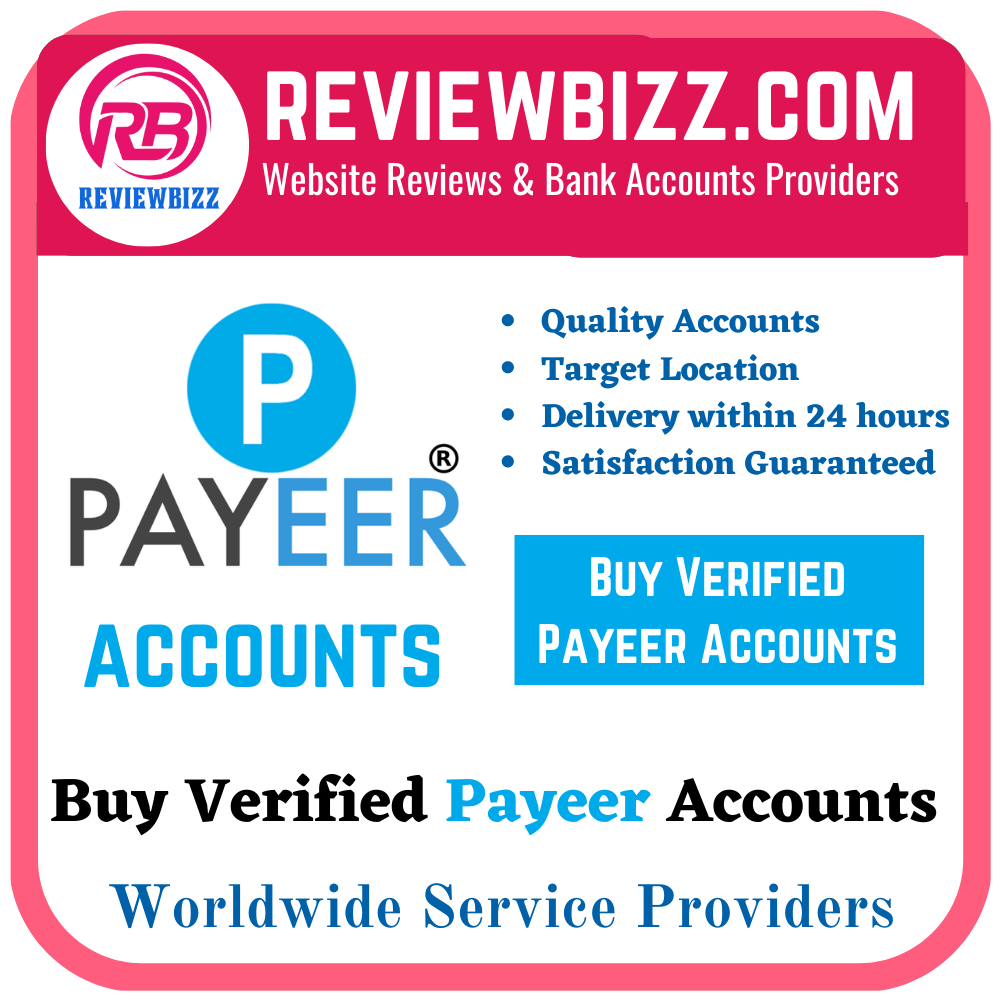

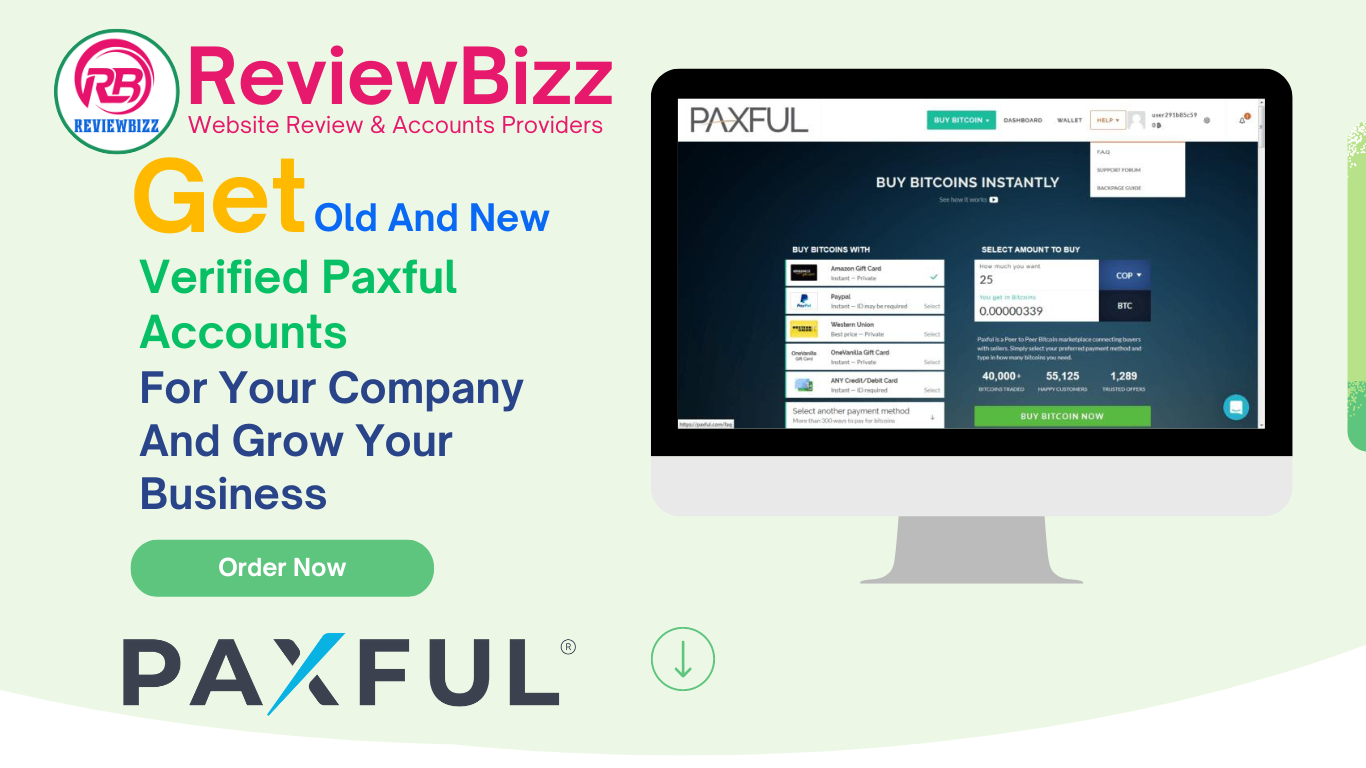

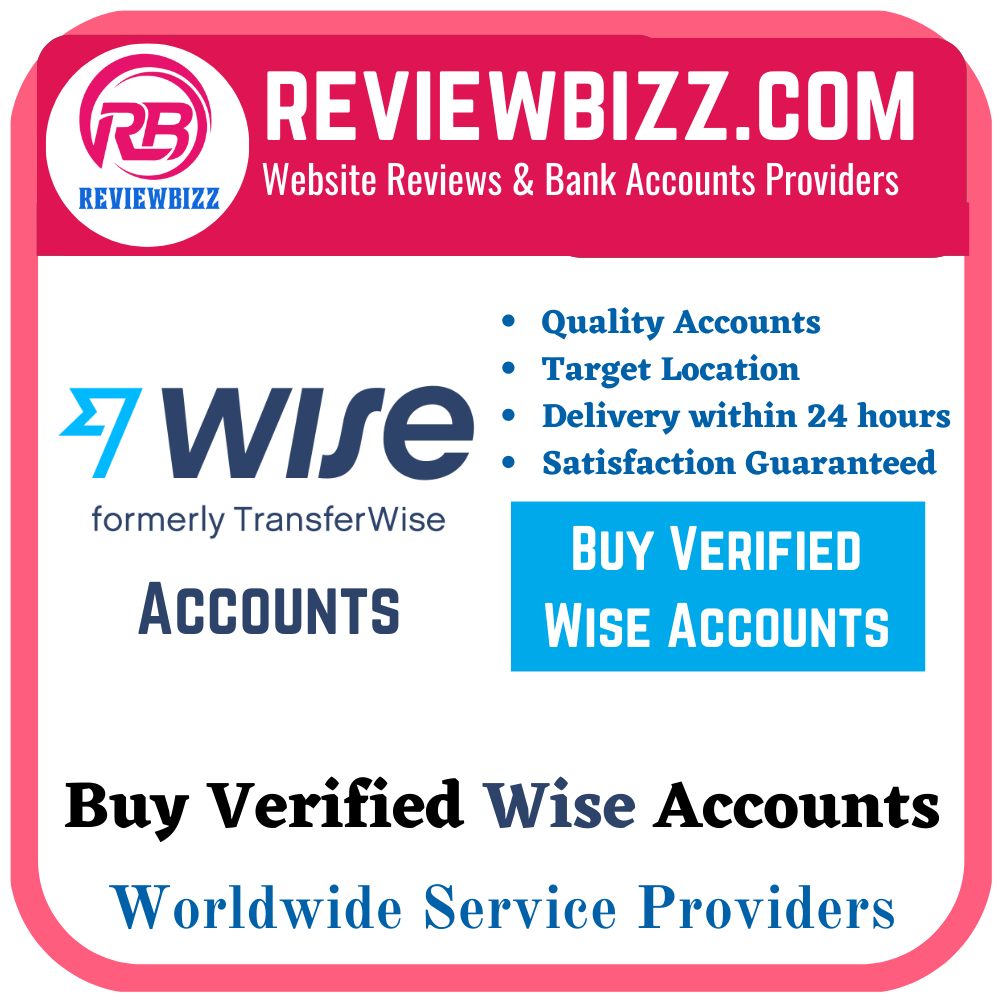
Henry –
Best service ever. I will buy again to you. Thanks guys
Jennifer J. Wright –
Breathtaking! I was utterly speechless. The artistry and attention to detail were like nothing I’ve ever seen before.